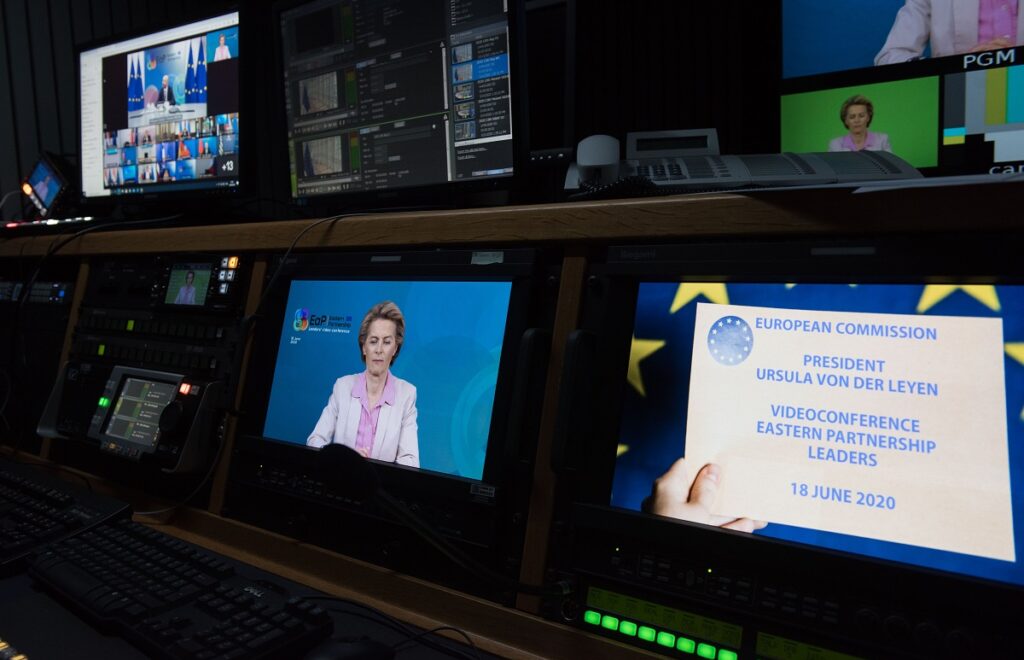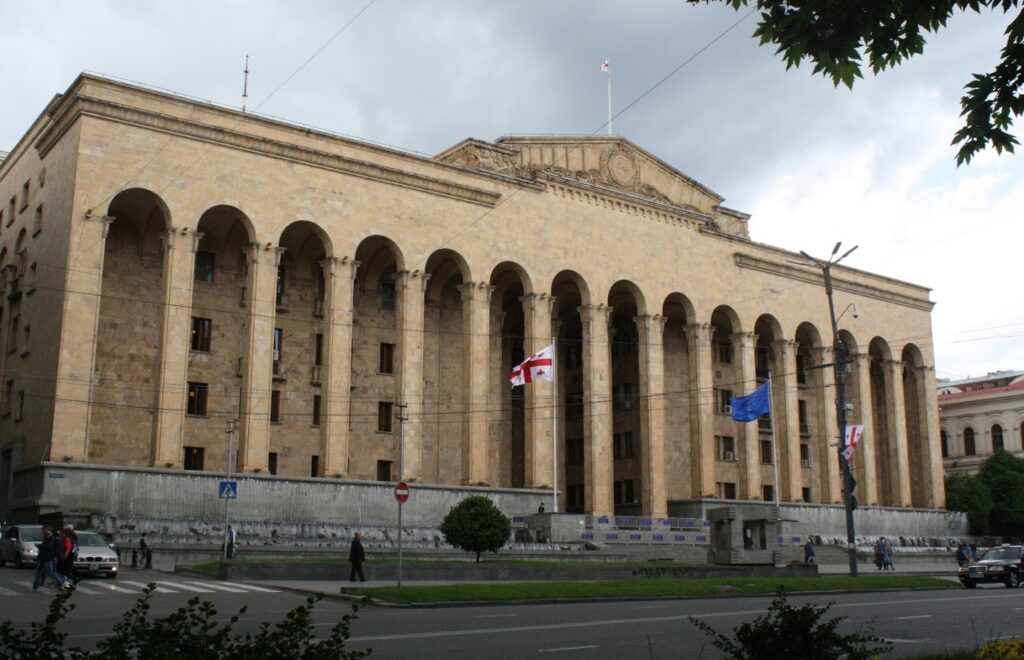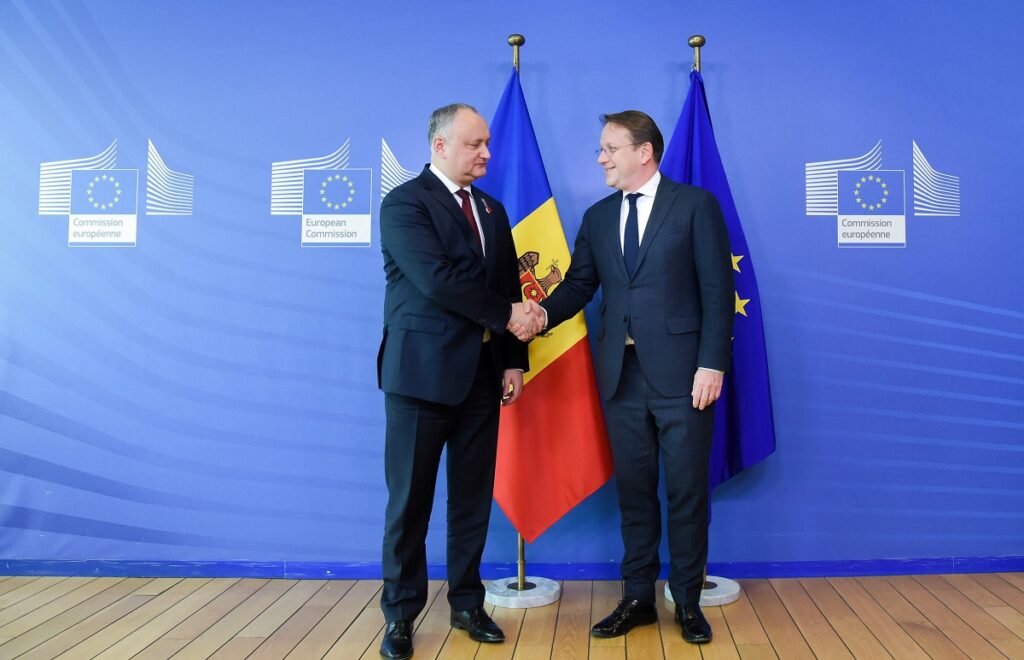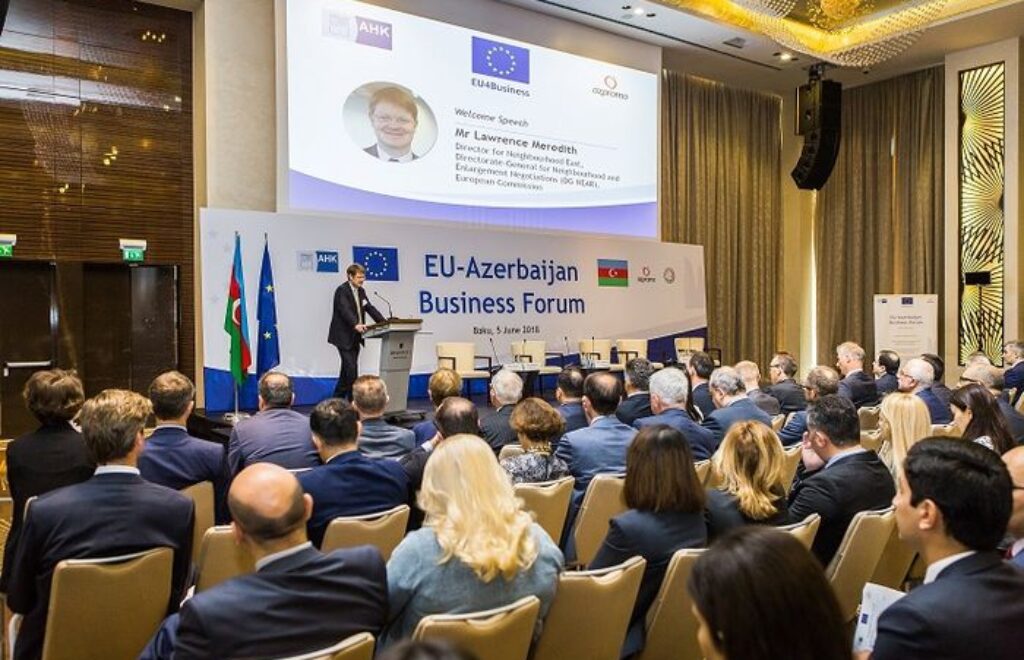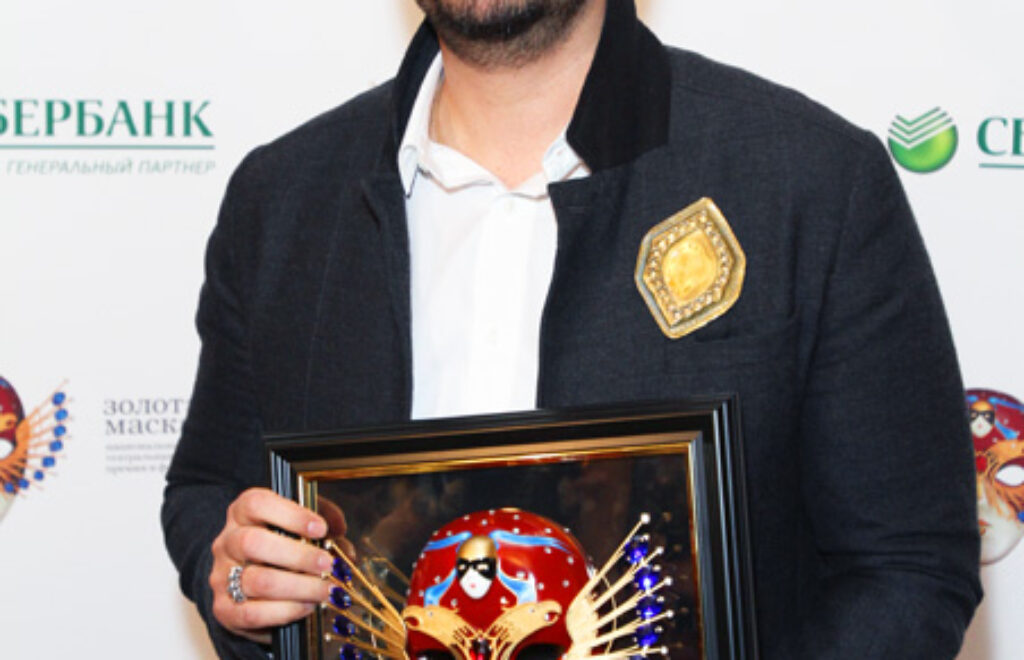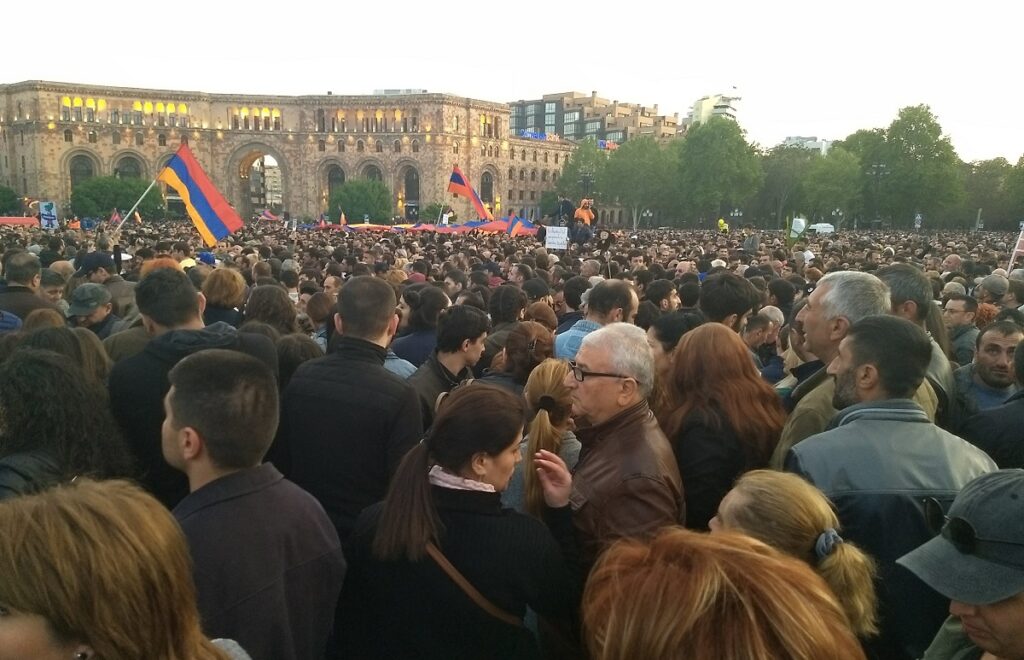In Church we trust. The case of the Moldovan Orthodox Church
The Ukrainian Church’s official independence last year raised issues regarding how religion impacts geopolitics in post-Soviet countries. Despite this, the country’s former president, Petro Poroshenko, was neither the first nor the last political leader to use religious sentiments as part of an electoral campaign. The current Moldovan President, Igor Dodon, did so during the country’s previous elections. While there are numerous studies analysing the role of the church in politics and social movements, this discussion investigates the church’s role regarding conflict mitigation or instigation. By examining situations prone to conflict, we can try to determine whether the Orthodox Church in Moldova (OCM) serves the purpose of uniting the people or fostering polarisation. Such an issue remain of great importance for a country where more than 90 per cent of the population declare themselves Orthodox.
September 7, 2020 - Anastasia Pociumban




